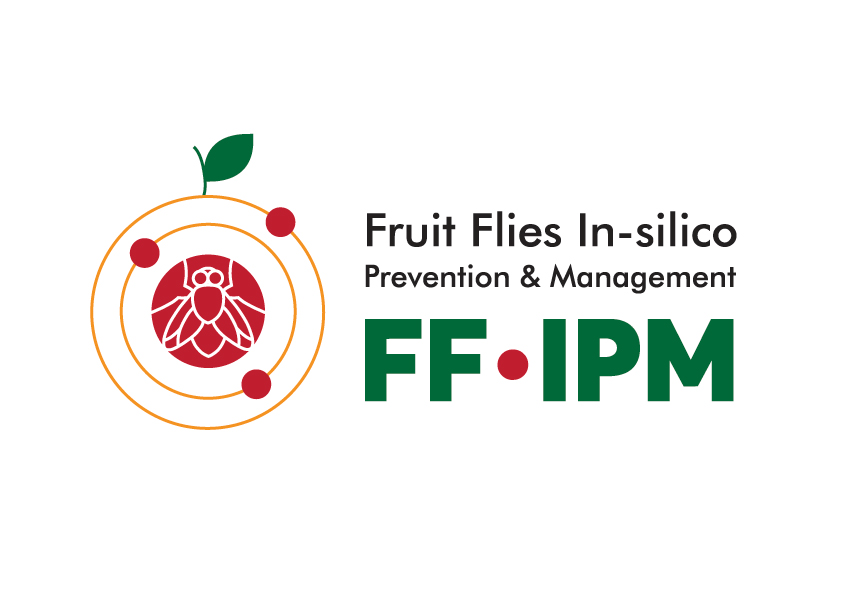In-silico boosted, pest prevention and off-season focused IPM against new and emerging fruit flies ('OFF-Season' FF-IPM)
Investigadora
The FF-IPM project targets three highly polyphagous fruit fly (FF) species (Tephritidae) that cause devastating losses in the fresh fruit producing industry, the Mediterranean fruit fly (Ceratitis capitata), a serious emerging pest in northern temperate areas of Europe, the Oriental fruit fly (Bactrocera dorsalis) and the peach fruit fly (B. zonata) two major new (invasive) pests, which pose an imminent threat to European horticulture. The project aims to introduce in-silico supported prevention, detection and Integrated Pest Management (IPM) approaches for both new and emerging FF, based on spatial modelling across a wide range of spatial levels, novel decision support systems, and new knowledge regarding biological traits of the target species, fruit trading and socioeconomics. FF-IPM introduces a fundamental paradigm shift in IPM towards “OFF-Season” management of FF by targeting the overwintering generation when population undergoes significant bottlenecks, preventing, this way, population growth later in season. “ON-Season” control approaches will be generated for different spatial scales considering both existing and developed by FF-IPM tools and services. Innovative prevention tools to track FF infested fruit (e-Nose) and rapidly identify intercepted specimens (Rapid-Molecular-Pest-ID tools) in imported commodities and at processing industries will be produced. Species specific e-trapping systems for the three-target FF will be advanced and employed by novel detection strategies based on spatial modelling. Both “ON and OFF-Season” IPM approaches and detection strategies will be validated in selected locations in eight different countries. FF-IPM generated data on FF response under stress conditions, overwintering dynamics, establishment and dispersion patterns of low population densities combined with advanced spatial population modeling are expected to contribute towards understanding drivers of emerging and new pests under climate change scenarios.
Informação do Projeto
2019-09-01
2023-08-31
Parceiros do Projeto

 English
English


